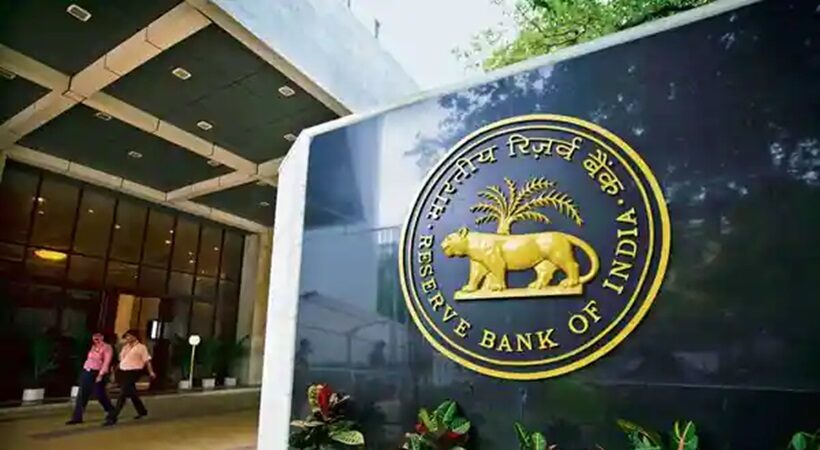Reserve Bank of India (RBI) has expressed concern about Stablecoins and warned that any crypto asset pegged to the US dollar (NSE -0.04 %) would undermine the rupee.
The concern revolves around the case is that India’s potential acceptance of cryptocurrencies like Bitcoin, industry observers contend Stablecoins pose the greatest risk to its financial stability. If Indians can buy Stablecoins and even store them, that can significantly affect the Indian rupee.
What are Stablecoins?
This type of cryptocurrency has a relatively stable price, typically by having its supply regulated by an algorithm or pegged to a commodity or currency. In most cases, the value of these underlying assets is derived from USD or gold.
According to people familiar with the situation, government officials have brought up these concerns in recent meetings. Companies or traders might shift to Stablecoins even for domestic payments if Stablecoins are adopted.
RBI has said Stablecoins may even affect the central bank’s ability to control currency fluctuations and volatility if they are allowed in India. The Indian government has not yet decided whether to regulate cryptocurrencies or ban them completely.
It has been reported that many exchanges offer Stablecoin deposits similar to fixed deposits at rates between 10% and 12%. The RBI’s concerns may not be unfounded, according to industry observers.
“The current regulations do not allow anyone to accept foreign currency for domestic transactions, whether trade or salary. As a result of using USD-backed Stablecoins as a mode of payment in India, people may undermine the value of the Indian currency, and the RBI will have no control over the matter”, Tax partner at tax consulting firm AKM Global Amit Maheshwari said.
In general, regulators have struggled to formulate policies around Stablecoins since the currencies fluctuate more than the paired currency due to demand and supply conditions on an exchange.
Government officials are already holding discussions with stakeholders on whether cryptocurrencies should be banned completely or limited to a level where the Reserve Bank of India would be their primary regulator. In their current form, cryptocurrencies are considered a “systemic risk” to the Indian economy and the Indian Finance Ministry, the Reserve Bank of India, and tax departments.
Furthermore, the RBI will have no control over such cryptocurrency and will to a large extent have no visibility into how and by whom it is used, unlike in case of buying USD directly,” said Mihir Gandhi, partner, and leader, payments transformation, PwC India.
RBI officials said the digital currency is used worldwide in money laundering and drug-related transactions, hence their concerns. Stablecoins are similar to allowing Indians to use another currency in India, according to a person close to the development.
Even as the Indian government moves to regulate or ban cryptocurrencies, investors are flocking to Stablecoin that is pegged to real-world currencies such as the dollar to hedge against rising volatility in Bitcoin and other altcoins like Ethereum, Solano, Polkadot, and Shiba Inu.
In order to maintain price stability, Stablecoins like Tether (USDT), USD Coin (USDC), and Binance (BUSD) pin their value to the US dollar at a 1:1 conversion rate.
There has been rising volatility in cryptocurrencies globally and India due to bulls and bears fighting in the market and a regulatory overhang that lingers over the sector. The RBI has been vehemently opposed to legalizing cryptocurrencies in India.



















